Diamond Guide
Here’s a quick and easy to read guide to become a diamond specialist (and to understand a little more about the quality of the diamonds you are purchasing).
Diamonds are categorized by 4 elements, these elements are called the “4 Cs”:
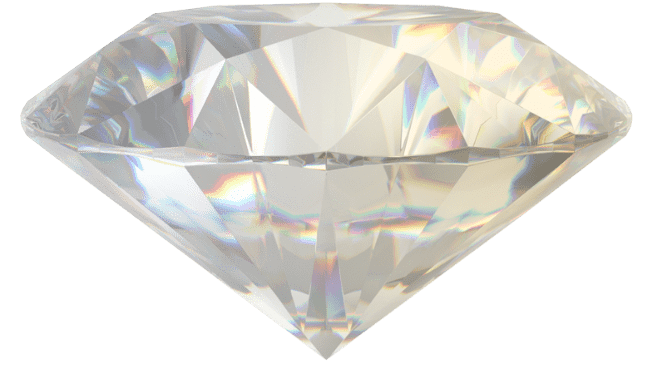
Color From letter D to letter z
*
D E F
Colorless
G H I J
Non-colorless
K L M
Faint yellow
N O P Q R
S T U V W X Y Z
Light yellow
Color is a fundamental element of diamond quality.
Keep this in mind: the whiter the better.
The more the diamond is colorless, the more it is rare and, thus, valuable.
All diamonds are rated from on a scale from D to H, in descending order.
At LIL we choose to produce all jewels with a Color F-G. This means that LIL’s diamonds are certified to be top quality, colorless or nearly colorless.
FUN FACT: many diamonds appear colorless but most stones have a color slightly veering towards yellow or brown tinges.
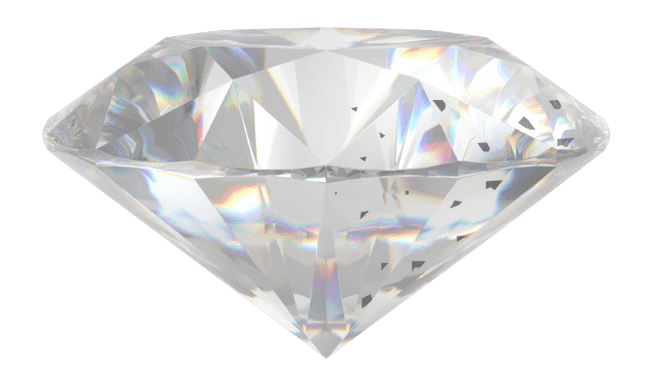
Inclusion scale
F-IF Flawless
VVS1 - VVS2
Very very slightly included
(Visible only via microscope)
VS1 - VS2
Very slightly included
(Visible but very small)
SI1 - SI2
Slightly included
(Visible, small)
I1 - I2 - I3
Included
(Clearly visible)
Purity
Clarity is the element that reflects the presence of small imperfections in the structure of the diamond. These imperfections are usually dark-colored little stains.
Each diamond is examined through a microscope and is classified through the scale represented above.
FUN FACT: Diamonds are formed deep within the earth under heat and pressure, this is the reason why all diamonds contain small imperfections inside their structure. It’s part of the beauty of nature (to us)!
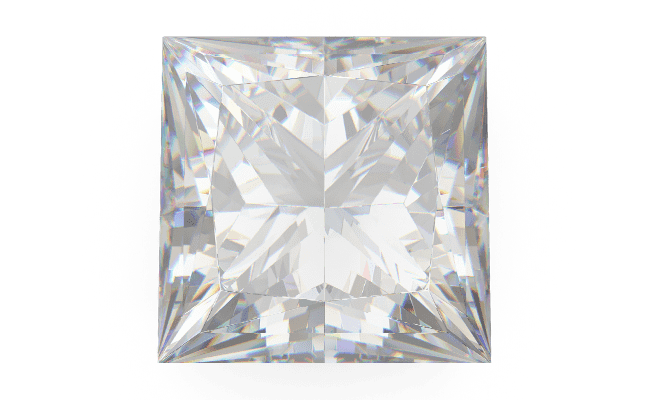
Cut is the symmetry, proportion and polish of a diamond. Cut affects its brilliance (and we all love the sparkle). The Brilliant (which is the cut LIL uses mostly) cut must have 58 perfectly aligned facets (57 if the culet is not faceted).
The most common cut is the round cut but there are many more such as princess, marquise, oval, pear, heart and emerald.
You can find the most commons above.
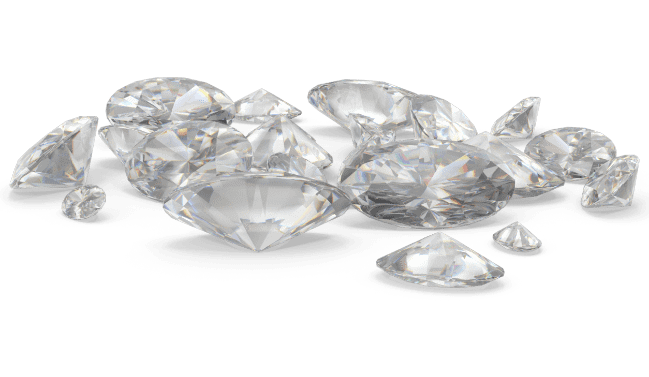












Carat weight it’s the unit of mass used for measuring diamonds. The value of a diamond is proportional to its size. A metric “carat” is subdivided into 100 “points”. This allows very precise measurements to the hundredth decimal place. A jeweler may describe the weight of a diamond below one carat by its ‘points’ alone. For instance, the jeweler may refer to a diamond that weighs 0.25 carats as a ‘twenty-five pointer.’
However, color + clarity + cut are equally important in determining the value of the gem. In fact, two diamonds of equal carat weight can have very different values (and prices) depending on the three other factors of the diamond.
Every precious jewel comes with a certificate
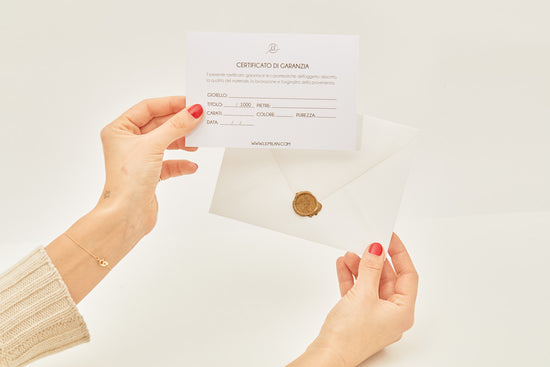
Each jewel with diamonds or sapphires is sold with a certificates that indicates: carat, color, clarity and that each jewel is handmade in 18k solid gold (750/1000).
Each jewel is quality branded, look for the logo ‘LIL’ laser engraved.
At LIL, we understand that you care where their diamonds come from, and we share that concern with you. Every diamond we sell is certified conflict-free in compliance with, the Kimberley Process resolutions.
